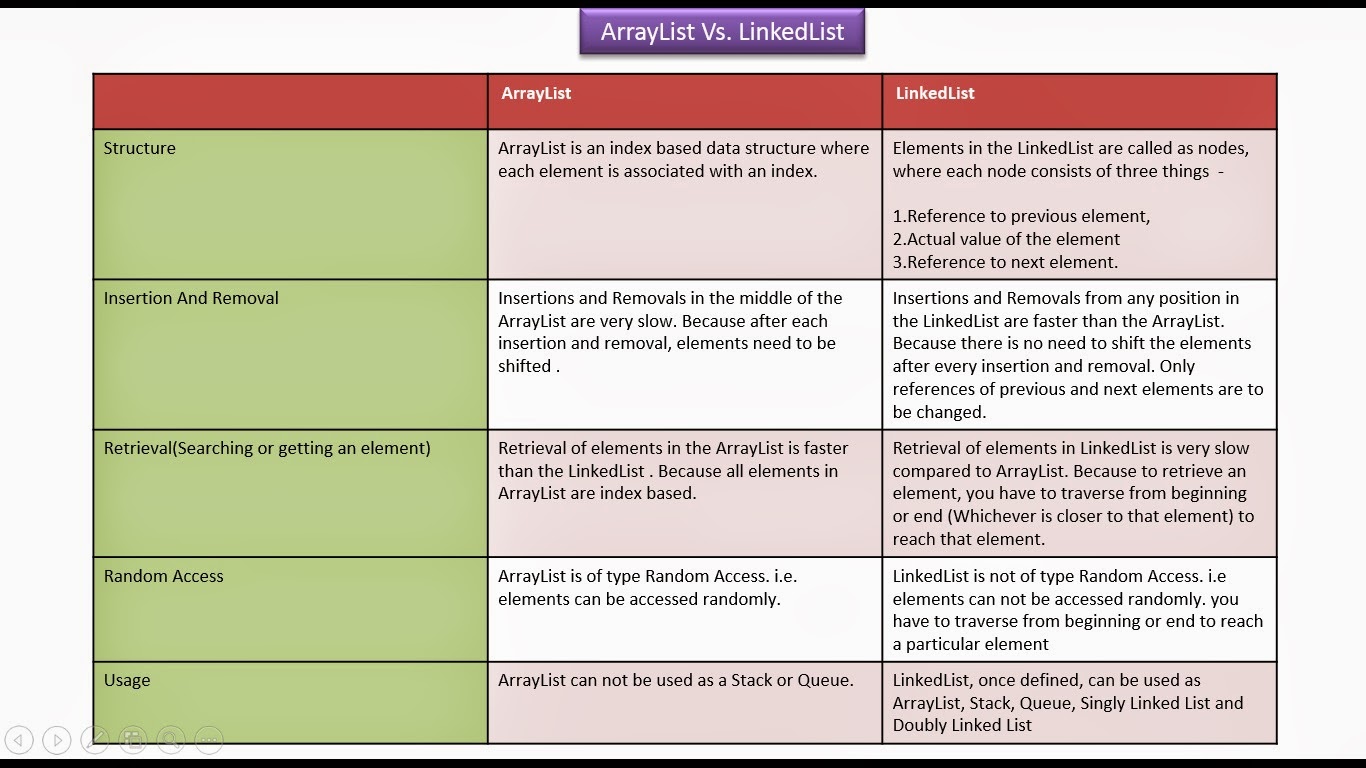
Unfortunately, not all versions of Java are LTS versions! Since this policy was introduced only Java 8 (2014) and Java 11 (2018) have been designated as having LTS. One of the key reasons why Java 8 is still so popular is that it is an LTS (or Long-Term Support) version.

One survey from February 2020, found that 64% of developers reported that Java 8 remained the most often used Java release.īelow we outline some of the reasons why an organisation might choose to stay with an older version of Java, rather than rushing to adopt a shiny new version. Indeed, since Oracle decided to change the frequency of Java releases, as well as its attitude towards Long Term Support, many organisations have decided to stick with Java 8 despite numerous newer releases. There are of course many reasons why an older version of a programming language might be required, however the request from this client to use Java 8 in particular is far from unique. This raises the question, why did the client want to use such an old version of Java? This may not seem that strange of a request until you realise that Java SE 8 (aka "Java 8") was released in March 2014 and that the current Java version, released in March 2020, is Java 14. Recently, we were asked to ensure that a course we were giving used Java 8.


 0 kommentar(er)
0 kommentar(er)
